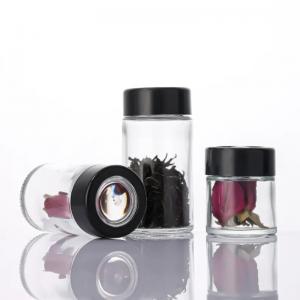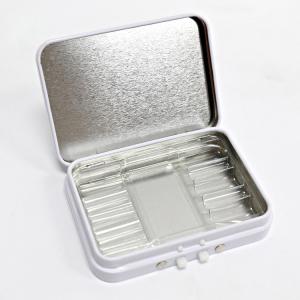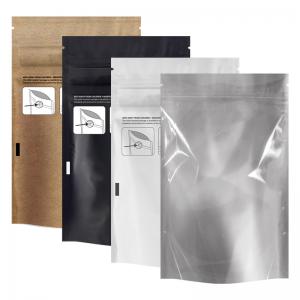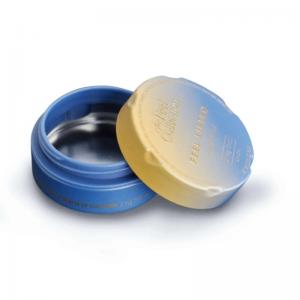New York Assemblywoman Introduces Cannabis Packaging Recycling Legislation to Limit Waste

After New York Gov. Andrew Cuomo signed a bill last month legalizing recreational cannabis, the state is taking action to limit packaging waste before sales even begin.
New York State Assemblywoman Patricia Fahy introduced legislation to implement a recycling program for cannabis packaging. New York City was on the forefront of limiting single-use plastics like bags and water bottles, so limiting single-use cannabis packaging before it hits circulation makes sense.
Other countries and states that have legalized recreational cannabis have put stipulations on packaging, but it mostly had to do with the way the packaging looked, rather than the way it’s disposed of.
Fahey’s introduced legislation was partially in response to the federal law that all cannabis must be sold in child-resistant containers, which use more plastic.

"The legal cannabis industry in the United States produces about 150 million tons of waste each year,” Fahy’s memo says, according to Marijuana Moment. “Even when marijuana packaging is recycled at home, it is often sorted out by recyclers and taken to landfills. While no industry is blameless in the plastic pollution crisis, New York has a unique opportunity to prevent a new source of plastic pollution as we consider the legalization of recreational marijuana.”
To fight waste, Lahy’s legislation would require all cannabis packaging in New York to be made from at least 50% recycled materials. It would also require retailers to put in place a system where they can collect old bottles and jars from consumers. That process of reusable packaging returned to the point of purchase is already in the works for formerly single-use-heavy industries like fast food.
Colorado and California, two of the first states to legalize recreational cannabis in the U.S., are starting work on limiting waste, but this is long after the products have already been introduced to the market. New York has a unique opportunity to limit waste before it even starts, rather than implementing reactionary legislation as we've seen with single-use bags and other plastics.
Lahey’s bill has reportedly been referred to the New York Assembly Environmental Conservation Committee, but there hasn’t been any scheduled hearing or vote.


 English
English français
français Deutsch
Deutsch русский
русский italiano
italiano español
español português
português Nederlands
Nederlands 日本語
日本語 한국의
한국의











 2021-06-03
2021-06-03


 Online service
Online service +86 15375471059
+86 15375471059

